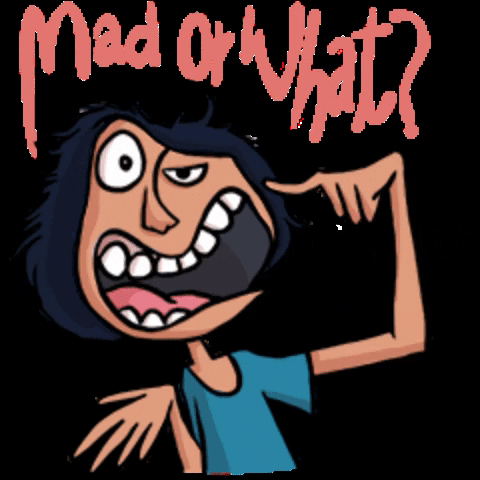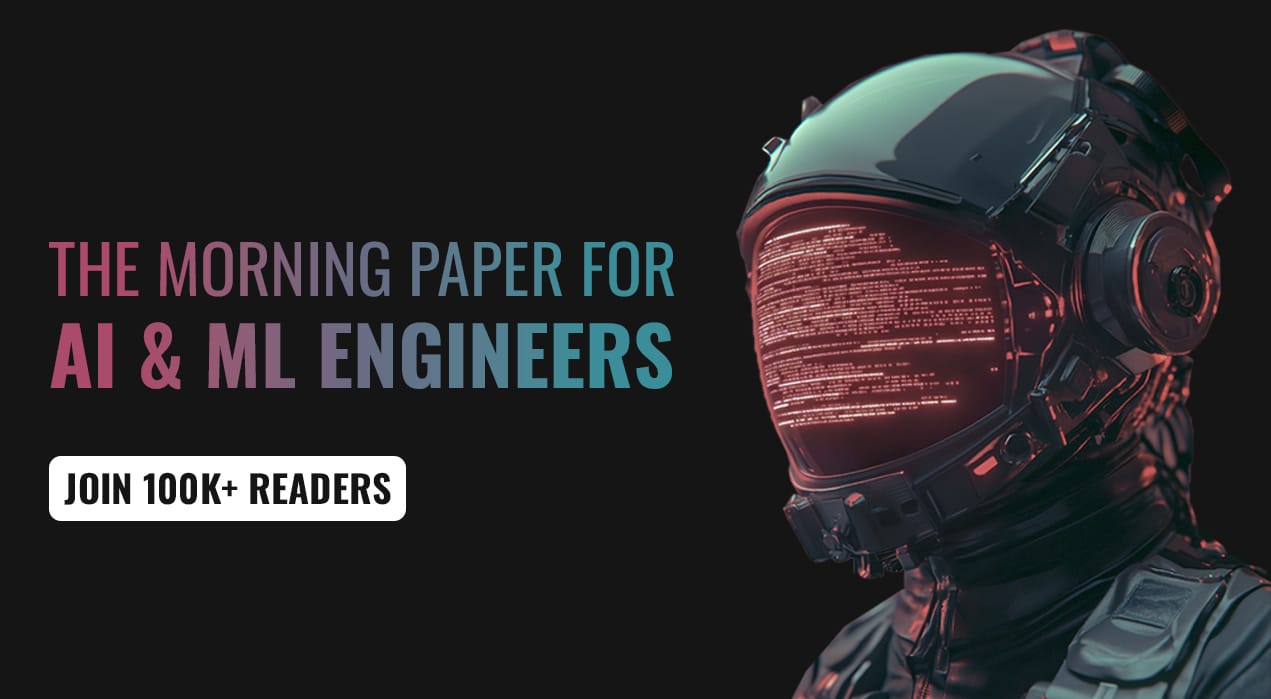- The Supper
- Posts
- Mental Health Apps Get Smarter and More Personal
Mental Health Apps Get Smarter and More Personal
AI-driven platforms tailor therapy to individual moods and habit

Mental health technology has taken a major leap forward in 2025, with apps now offering hyper-personalized support powered by artificial intelligence. Gone are the days of generic meditation tracks and static journaling prompts. Today’s leading platforms use real-time data — including speech patterns, sleep cycles, and even facial expressions — to assess a user’s emotional state and deliver tailored interventions. These tools are designed not just to react, but to anticipate mental health needs before they escalate.
Tech moves fast, but you're still playing catch-up?
That's exactly why 100K+ engineers working at Google, Meta, and Apple read The Code twice a week.
Here's what you get:
Curated tech news that shapes your career - Filtered from thousands of sources so you know what's coming 6 months early.
Practical resources you can use immediately - Real tutorials and tools that solve actual engineering problems.
Research papers and insights decoded - We break down complex tech so you understand what matters.
All delivered twice a week in just 2 short emails.
One standout feature is predictive mood tracking, which uses machine learning to identify patterns that precede anxiety or depressive episodes. For example, if a user’s sleep quality drops and their social engagement declines, the app might proactively suggest a guided therapy session or alert a care provider. This kind of early detection is especially valuable for people managing chronic mental health conditions, offering a safety net that’s both discreet and accessible.
The personalization doesn’t stop at diagnostics. Therapy modules are now adaptive, changing tone and content based on user preferences and progress. Some apps even simulate conversational therapy using natural language processing, allowing users to “talk through” their feelings with a responsive AI companion. While these tools aren’t replacements for licensed therapists, they serve as valuable supplements — especially in regions where mental health services are scarce or stigmatized.
As adoption grows, developers are working closely with clinicians to ensure ethical standards and data privacy. The goal is to create mental health ecosystems that are not only effective but also trustworthy. In a world where stress and isolation are increasingly common, these smart apps offer a lifeline — one that listens, learns, and evolves with the user.


Reply